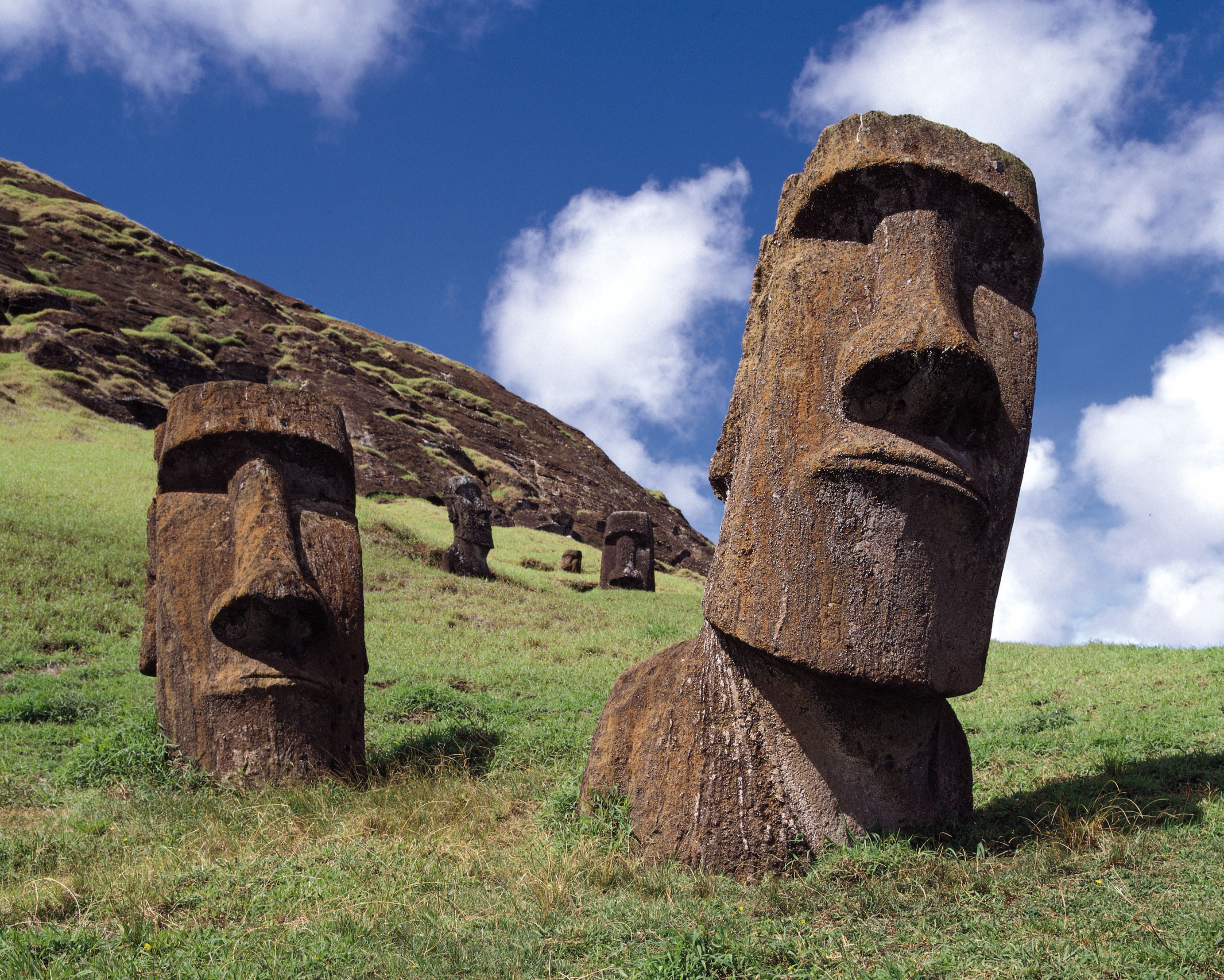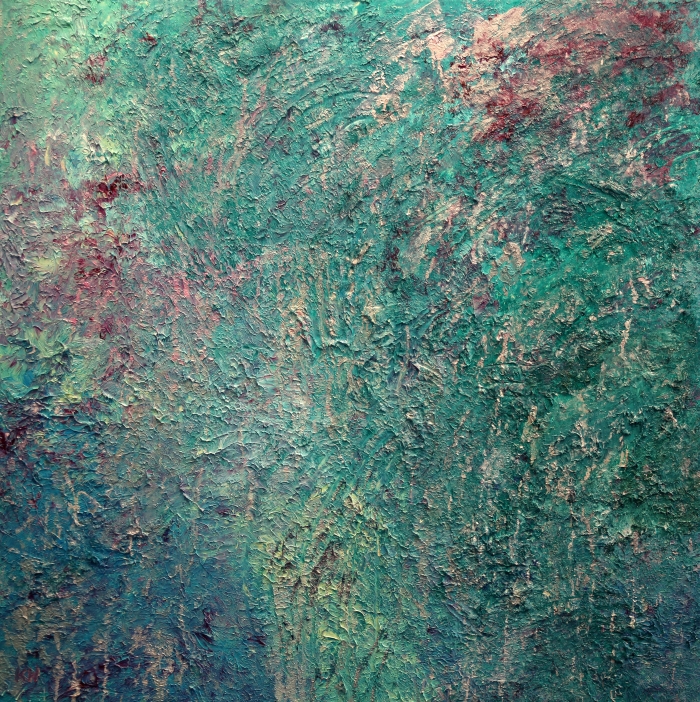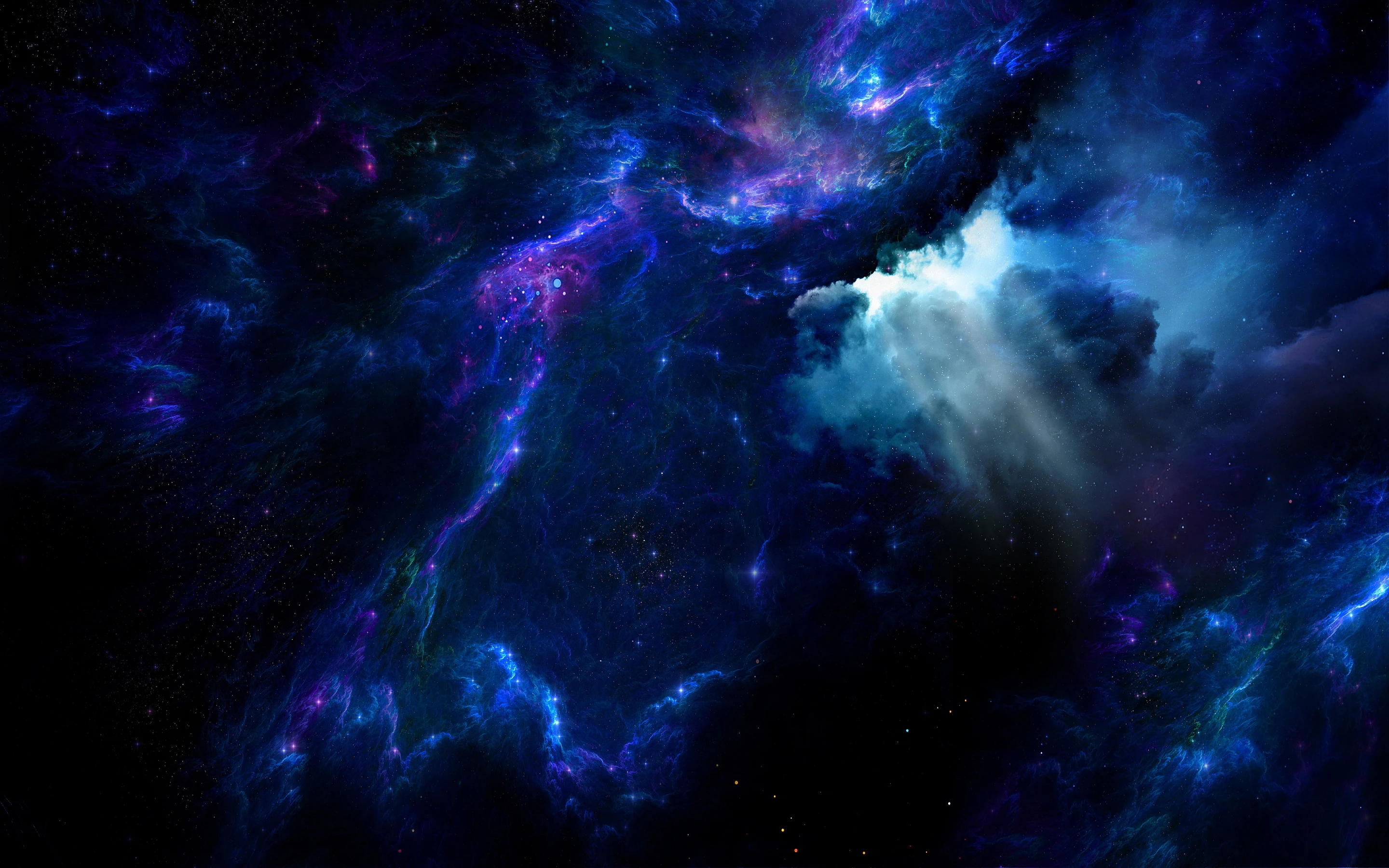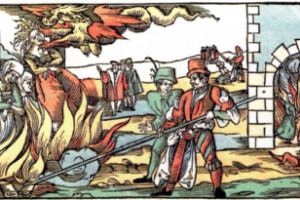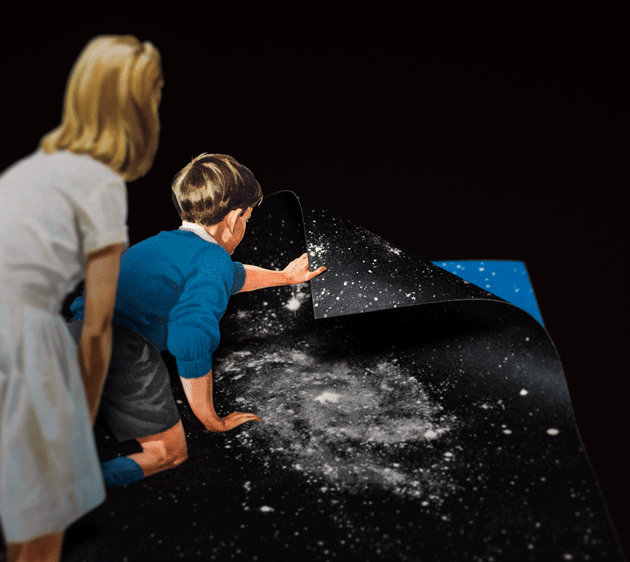

|
The belief that suffering is necessary for economic utility The central ideological support for the work ethic is that remuneration be tied to suffering. Everywhere one looks, there is a drive to make people suffer before they can receive the simple means to survive… In the 1930s, it was obvious to all that the Western economy was headed toward less compensated work, more security, more fulfilling and creating activities. It never materialized. Why? Keynes famously argued for the same outcome, calculating that by 2030 we would all be working fifteen-hour working weeks—though it is less well known that he was simply verbalizing what were the broadly held beliefs of the time. And Marx made the shortening of the working week central to his entire postcapitalist vision, arguing that it represented a “basic prerequisite” to reaching “the realm of freedom.” Changing the cultural consensus about the work ethic will mean taking actions at an everyday level, translating these medium-term goals into slogans, memes, and chants. It will require undertaking the difficult and essential work of workplace organizing and campaigning—of mobilizing people’s passions in order to topple the dominance of the work ethic. — read more from Nick Srnicek & Alex Williams, Inventing the Future: Post-capitalism and a world without work |
1 December 2015
|
||
|
William James knew about mystical connections that Out of my experience, such as it is (and it is limited enough) one fixed conclusion dogmatically emerges, and that is this, that we with our lives are like islands in the sea, or like trees in the forest. The maple and the pine may whisper to each other with their leaves.…But the trees also commingle their roots in the darkness underground, and the islands also hang together through the ocean’s bottom. Just so there is a continuum of cosmic consciousness, against which our individuality builds but accidental fences, and into which our several minds plunge as into a mother-sea or reservoir. |
2 December 2015
|
||
|
The Waiting Place …for people just waiting. — Dr Seuss |
3 December 2015
|
||
|
All things worthwhile are difficult Whoever looks seriously will find that neither for death, which is difficult, nor for difficult love has any clarification, any solution, any hint of a path been perceived; and for both these tasks, which we carry wrapped up and hand, on without opening, there is no general, agreed-upon rule that can be discovered. But in the same measure in which we begin to test life as individuals, these great Things will come to meet us, the individuals, with greater intimacy. The claims that the difficult work of love makes upon our development are greater than life, and we, as beginners, are not equal to them. But if we nevertheless endure and take this love upon us as burden and apprenticeship, instead of losing ourselves in the whole easy and frivolous game behind which people have hidden from the most solemn solemnity of their being, then a small advance and a lightening will perhaps be perceptible to those who come long after us. That would be much. — Rainer Maria Rilke, born this day in 1875 |
4 December 2015
|
||
|
De Profundis Listen to music of Czech romantic Vitezslav Novak, born this day in 1870. |
5 December 2015
|
||
|
De Profundis We can wonder where our physical universe comes from—in fact, how can we not wonder? But if we look within physics for an answer, we are looking in the wrong place. Physics can only tell us about what happens in space and time, and if we want an antecedent reason, an explanation for why space and time came into existence, it makes no sense to look within space and time. One thing that is clear is that if we are looking for a cause, but not a preceding cause, we must give up our deep habit of thinking that identifies cause with “before” and effect with “after”. If there is to be any understading of why the Big Bang happened (why space and time exist), then the answer must come from outside space and time. The anwer I am drawn to is that consciousness (or “life” or “naked awareness” or “soul” or “spirit”) created space and time for its playground—for OUR playground. This is an answer that sets off our alarm bells for un-scientific mumbo-jumbo, for superstition or religious dogma. And indeed we may find allegories for this kind of cosmology in many of the mythical, pagan or religious accounts of the origin of the world. But physics has no answer to offer us. On this question, physics has spoken, and the equations clearly trace back to an instant of creation, and about anything apart from space-time (not “before”, not “outside”, just “apart), they tell us clearly that they have nothing to tell us. There are, however, three hints, right from physics, that consciousness may be the right place to look for an origin of physical reality.
For more than a century, the advocates of “physicalism”—the claim that particles and energies in space-time are all that exists—have claimed the high ground in philosophy, because (they claimed) they have objectivity of science behind them. But the science on which they have built their philosophy is 19th Century science. If you follow 20th Century science to its logical end, it deposits you on the threshold of mysticism. — Josh Mitteldorf |
6 December 2015
|
||
|
Instructions for Life as a Human
|
7 December 2015
|
||
|
In praise of the fabled ESOP David Ellerman has for years made an argument as startling as it is hard to refute: “the labor theory of property.” It’s that employees should own the firms they work for because of very simple logic: If they’re responsible for the consequences of their actions while on the job — committing a crime, say — how can it be that they’re not responsible for the positive things they do, such as making money? Ellerman’s writing on “the labor theory of property” has mostly been for a technical audience. I asked him if he wouldn’t mind trying to make his argument in a more popular way for the Making Sen$e page. — Read Ellerman’s response (at PBS News Hour) |
8 December 2015
|
||
|
avoiding conflict “I will not deny but that the best apology against false accusers is silence and sufferance, and honest deeds set against dishonest words.” — John Milton, blind poet, was born this day in 1608. The mind is its own place, and in itself can make a heaven of hell, a hell of heaven. |
9 December 2015
|
||
|
«Oraison» is a prayer Listen to Oraison pour Thérémin of Olivier Messiaen (1937), born this day in 1908. Imagine spending enough time with a theremin to have the exquisite sensitivity to make it beautiful. |
10 December 2015
|
||
|
Eternity UTTER no whisper of thy human speech, — Charles Anderson Dana |
11 December 2015
|
||
|
The New Child who lives where I live — Fernando Pessoa, |
12 December 2015
|
||
|
Sillygisms Cogito ergo sum Since If Though My — Josh Mitteldorf |
13 December 2015
|
||
|
Unpolished Yearning I was listening to a child shed the last vestiges of submission. They cried of the inequalities, the invariances of the system that flattened them into numbers. And on the cusp of desperation, I saw what was true, if the world were not weighty, thorny and cruel? Where would the wine of our expression seep into the ground, the wide welcoming ground, the accepting jewel of the Earth? Our mistake is the belief that our task is to stand indomitable and fast. Our mistake is the insistence that we will not be overwhelmed, that we must contain our Wine. Break the casket of Wine that is the essence of your breath! Break the cask of wine that you protect so doggedly! This wine is not yours! You are not the vintner! The flowing of your desperation over the cup of your secret places is not yours to manage. You are the rent cloth of the Beloved’s wine press breaking open and leaking floods of the music of your heartstrings in your quivering ecstasy. You are not meant to be whole! You are meant to be fully broken open and gushing your essence into the unsafe, bewildering void. — Sam Roberts I am not this human cage. I am not this human reaching. I am not this effort to gain security. |
14 December 2015
|
||
|
Who is allowed to print money? As the world economy grows, new money must be introduced each year to keep the wheels turning and avoid deflation. How are those dollars introduced, and who is the first one to spend them? Since the Fed Reserve Act of 1913, dollars are created by a consortium of US banks (that are now international banks). (…and no, this is not the Constitutionally-mandated system of money creation.) Since the Bretton Woods agreement of 1944, the US dollar has been the primary exchange vehicle for international trade. This is a ginormous privatization of public wealth. The arrangement has worked well for the bankers, but less well for the rest of us. The good news is that sovereign governments around the world are working to break the monopoly of the US dollar and the monopoly of the banks. The most recent hero is Ecuador. Ecuador doesn’t maintain the facade of an independent currency—they use US dollars directly. That’s what circulates in Ecuador. With the tightening of US trade and the funneling of money into banks that has occurred since 2008, Ecuador’s economy is suffering for lack of lubrication. The country needs more dollars. This year, Ecuador has begun making its own dollars. They don’t actually print them—they don’t need to. In fact, the vast majority of money created in the US is created as ledger entries in banks, without need for physical dollar bills. The government of Ecuador has become the first public entity in the world to do what private banks have done for a century: they are creating ledger entries that are exchangable one-for-one with US dollars. — read more from Ellen Brown at Truthdig |
15 December 2015
|
||
|
Happy Birthday, Ludwig There is no such thing as “the unknown Beethoven”. Perhaps I can’t introduce you to Beethoven you’ve never heard before, but I can post a personal favorite, young Beethoven at his most playful. Listen to Elena Kolesnichenko play the last movement, Scherzo from Sonata #10 in G. |
16 December 2015
|
||
|
Still fighting, 200 years after the enemy’s defeat “We’re still recovering from the enlightenment. In the 1600s, Newton gave us a true description of the universe, and science finally got out from under the thumb of the church. We won the war, but we forgot to stop fighting. Science today is still suspicious of anything that looks mystical or smacks of religion.” —Russell Targ (Interview by Kenneth Bok) |
17 December 2015
|
||
|
What drives us In the 1940s, the American psychologist Abraham Maslow developed the concept of a hierarchy of human needs. He started with the most primitive and urgent demands, and ended with the most lofty and advanced. At the bottom of the pyramid are physical needs for survival, like food and water. Next up is safety. Higher up is love and belonging, then self-esteem. The highest of Maslow’s proposed needs, self-actualization, is the desire to get the most out of ourselves, to be the best we can be. I would suggest adding one more category at the very top of the pyramid, above even self-actualization: imagination and exploration. Wasn’t that the need that propelled Marco Polo and Vasco da Gama and Einstein? The need to imagine new possibilities, the need to reach out beyond ourselves and understand the world around us. —Alan Lightman, writing for Harpers |
18 December 2015
|
||
|
Fasting Augments Brainpower Fasting and exercise both promote growth of new neurons. Ketones are good for neurons. BDNF increases, supporting growth of new mitochondria, that provide energy for neurons. —Mark Mattson of NIA at TEDx Baltimore |
19 December 2015
|
||
|
after Ionesco — If you can come up with a Sunday Inispiration, I’ll Eat my Hat. — Well, you can turn up the brim, because Baseball has never seen a team like the Magnificent Seven. — I’m not convinced. — That’s because when oysters are young, their pearls are very small. But you’ll see. Just wait six more years and there will be no more doubt that you were right all along. — I told you so! — Did I say otherwise? — You SAID that only a superior man could be trusted in this position, and that your niece… — You’re not listening. — You’re the one with big teeth, Grandmama. — If I should ever say otherwise, bury me at Wounded Knee. — Merrily we roll and butter. — Copascetic. — Platitude. — Awesome. — What? (Josh Mitteldorf) |
20 December 2015
|
||
|
Psalm for the Psolstice I’ve come at behest — Josh Mitteldorf |
21 December 2015
|
||
|
Green Eggs & Ham Robert Kapilow, born this day in 1952, is best known to us for his contagious love of music. In addition to role as impressario, he is a serious composer in his own right. Listen to Kapilow’s Grand opera. |
22 December 2015
|
||
|
Gratitude to Old Teachers When we stride or stroll across the frozen lake, Robert Bly is 89 years old today. If the phone rings, think of it as carrying a message larger than anything you’ve ever heard |
23 December 2015
|
||
|
Forever young Playful teacher, fount of music and wordplay, Listen to his Nocturne for string orchestra. |
24 December 2015
|
||
|
Hodie Listen to the Hodie of Ralph Vaughan-Williams |
25 December 2015
|
||
|
I prepare so that the spontaneous can happen. |
26 December 2015
|
||
|
To stay conscious and alive, day in and day out This is what the real, no-bull- value of your liberal-arts education is supposed to be about: How to keep from going through your comfortable, prosperous, respectable adult life dead, unconscious, a slave to your head and to your natural default-setting of being uniquely, completely, imperially alone, day in and day out.… If you're automatically sure that you know what reality is and who and what is really important — if you want to operate on your default-setting — then you, like me, will not consider possibilities that aren't pointless and annoying. But if you've really learned how to think, how to pay attention, then you will know you have other options. It will actually be within your power to experience a crowded, loud, slow, consumer-hell-type situation as not only meaningful but sacred, on fire with the same force that lit the stars — compassion, love, the sub-surface unity of all things.… The really important kind of 7 freedom involves attention, and awareness, and discipline, and effort, and being able truly to care about other people and to sacrifice for them, over and over, in myriad petty little unsexy ways, every day. That is real freedom. The alternative is unconsciousness, the default-setting, the “rat race” — the constant gnawing sense of having had and lost some infinite thing.… It is unimaginably hard to do this, to stay conscious and alive, day in and day out. — David Foster Wallace |
28 December 2015
|
||
|
Objects close to the eye shut out much larger objects on the horizon; and splendors born only of the earth eclipse the stars. So a man sometimes covers up the entire disk of eternity with a dollar, and quenches transcendent glories with a little shining dust. Every action of our lives touches on some chord that will vibrate in eternity. — Edwin Hubbell Chapin, born this day in 1814 |
29 December 2015
|
||
|
Everyone has a right to live The Basic Income Guarantee (BIG) is back in the news. The Finns are considering implementing it, as are the Swiss, replacing all means tested benefits with a simple grant to every citizen, giving everyone enough money to survive. Unlike most current benefits programmes, it is not contingent on being worthy or deserving or even poor. Everybody gets it, you, me, Rupert Murdoch, the homeless man sleeping under a bridge. Last seriously proposed by Richard Nixon in 1969, more and more economists and bloggers aresuggesting that the Basic Income Guarantee may ultimately be the salvation of capitalism. The BIG will eliminate poverty, lessen inequality, and vastly improve the lives of the most vulnerable among us. But that is not why we need it. It may seem impractical, even utopian: but I am convinced the BIG will be instituted within the next few decades because it solves modern capitalism’s most fundamental problem, lack of demand. — Read more from Tom Streithorst |
30 December 2015
|
||
|
We may be in the Universe as dogs and cats are in our libraries, seeing the books and hearing the conversation, but having no inkling of the meaning of it all. — William James (1908) |
31 December 2015
|



